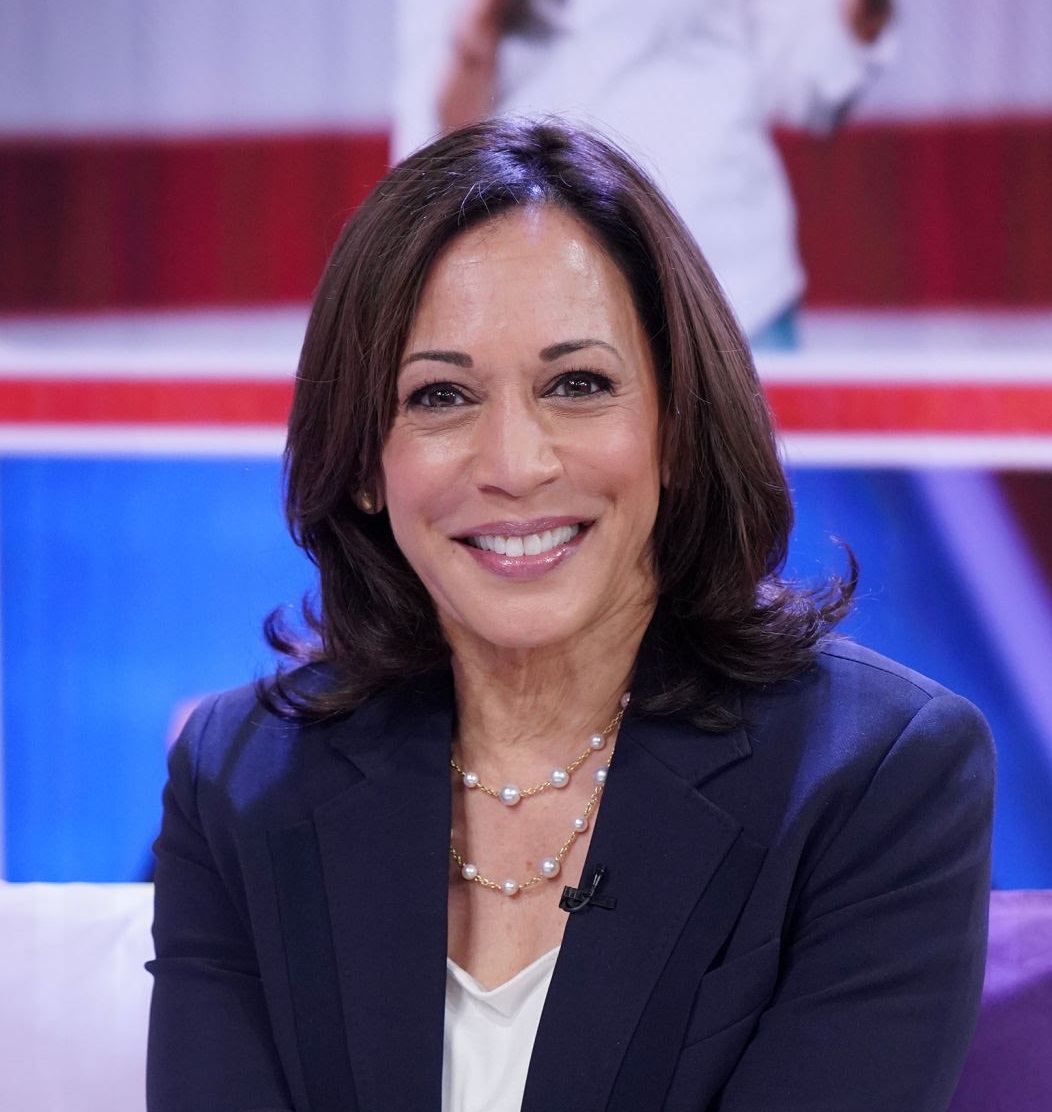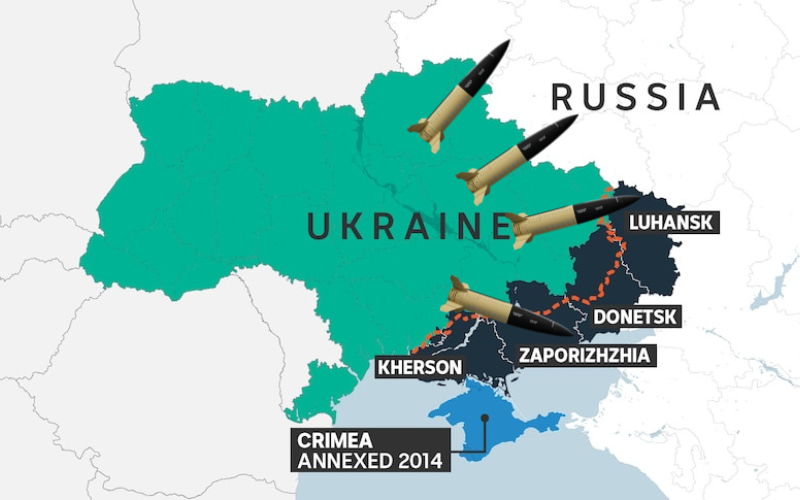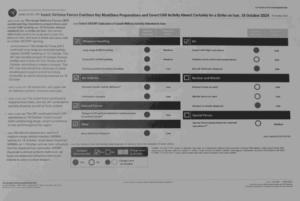The U.S. Elections: Kamala Harris’s Strengths and Challenges

The United States elections, particularly the presidential race, always capture global attention. In the 2024 election cycle, Vice President Kamala Harris emerges as a significant figure, potentially positioned to make history. As the first female Vice President and a woman of color, Harris represents a progressive and diverse America. Her candidacy, however, comes with both strong points and notable challenges that will define her journey in the election.
Kamala Harris: A Historical Candidacy
Kamala Harris’s presence in the 2024 election is historically significant. She is the first woman, the first African American woman, and the first Asian American woman to hold the office of Vice President. Her rise in American politics reflects the increasing diversity in the political landscape of the country. Harris’s background as a child of immigrants—a mother from India and a father from Jamaica—adds a layer of representation that resonates with many Americans who see their own stories in hers.
As Vice President, Harris has been involved in critical discussions and policy implementations, from handling the COVID-19 pandemic to addressing issues of racial justice and immigration reform. Her experience in these areas is a cornerstone of her campaign, positioning her as a candidate who not only understands the issues but also has firsthand experience in addressing them at the highest level.
Strengths of Kamala Harris in the 2024 Election
Diverse Appeal: Harris’s background and identity give her a broad appeal across different demographics, including women, African Americans, Asian Americans, and other minority groups. This appeal is crucial in a country where the electorate is becoming increasingly diverse.
Experience in Government: Harris’s experience as a U.S. Senator from California, her tenure as the state’s Attorney General, and her current role as Vice President provide her with a deep understanding of the legislative process, governance, and the workings of the executive branch.
Advocacy for Social Justice: Throughout her career, Harris has been a staunch advocate for social justice, criminal justice reform, and civil rights. Her work in these areas aligns with the concerns of progressive voters who prioritize equality and justice.
Campaigning Skills: Harris is known for her strong oratory skills and her ability to connect with voters on the campaign trail. Her charisma and ability to articulate her vision for America could be significant assets in winning over undecided voters.
Policy Expertise: Harris has been involved in crafting and advocating for key policies, especially in areas like health care, environmental justice, and women’s rights. Her policy expertise, particularly in these crucial areas, positions her as a knowledgeable and capable leader.
International Relations: As Vice President, Harris has had the opportunity to engage in diplomatic discussions and represent the U.S. on the global stage. Her experience in international relations could bolster her credentials as a leader capable of managing the complexities of global politics.
Support from the Democratic Base: Harris has strong support within the Democratic Party, particularly from its progressive wing. Her candidacy is likely to energize the party’s base, which is essential for mobilizing voters during the election.
Focus on Economic Equity: Harris has consistently emphasized the importance of economic equity, advocating for policies that address income inequality, support small businesses, and provide relief to working families. This focus could resonate with voters concerned about the economy.
Women’s Rights Advocacy: Harris has been a vocal advocate for women’s rights, including reproductive rights and gender equality. Her stance on these issues is likely to appeal to female voters, a crucial demographic in any election.
Resilience and Adaptability: Harris’s career has been marked by resilience and adaptability. She has navigated the challenges of being a woman of color in American politics, and her ability to overcome obstacles and remain focused on her goals is a testament to her determination and strength.
Challenges for Kamala Harris
Polarization and Partisanship: The current political climate in the U.S. is deeply polarized. Harris, as a prominent figure in the Biden administration, may face significant opposition from Republican voters and conservative-leaning independents who are dissatisfied with the current administration’s policies.
Perceived Lack of Clear Vision: Some critics argue that Harris has yet to fully articulate a clear and compelling vision for the future. In a highly competitive election, a candidate’s ability to present a strong, cohesive platform is essential for winning voter confidence.
Handling of Key Issues: While Harris has been involved in many significant policy discussions, some voters may criticize her handling of specific issues, such as immigration or the COVID-19 pandemic. The perception of her performance in these areas could impact her electability.
Media Scrutiny: As one of the most prominent figures in the 2024 election, Harris will undoubtedly face intense media scrutiny. Any missteps or controversies could be magnified in the public eye, potentially damaging her campaign.
Balancing Progressive and Moderate Support: While Harris has strong support from the progressive wing of the Democratic Party, she will also need to appeal to moderate voters. Striking the right balance between progressive policies and broader appeal is a challenge that could define her campaign.
Comparison to Joe Biden: Harris’s close association with President Joe Biden could be both a strength and a liability. While Biden’s achievements could bolster her campaign, any dissatisfaction with his administration could reflect negatively on her.
Republican Opposition: The Republican Party is likely to mount a strong opposition to Harris’s candidacy. The GOP will likely focus on mobilizing their base, challenging her record, and questioning her suitability for the presidency.
Potential for Voter Apathy: Harris will need to ensure that her campaign can effectively engage and energize voters. In an election where turnout is critical, any signs of voter apathy or disengagement could be detrimental.
Historical Precedents: As the first female Vice President, Harris faces the challenge of overcoming historical precedents in American politics, where no woman has yet been elected to the presidency. Gender biases, although lessening, may still influence voter perceptions.
Navigating Intra-Party Dynamics: The Democratic Party is diverse, with varying factions and interests. Harris will need to navigate intra-party dynamics, securing the support of key party leaders, activists, and donors while maintaining a unified campaign message.
Conclusion
Kamala Harris’s candidacy in the 2024 U.S. elections is historic and laden with both potential and challenges. Her strengths lie in her diverse appeal, experience, and advocacy for critical issues that resonate with many voters. However, she must overcome the challenges of a polarized political environment, media scrutiny, and the need to present a clear and compelling vision for the future.
As the election unfolds, Harris’s ability to navigate these challenges and leverage her strengths will determine her success. Her candidacy is a reflection of a changing America, one that increasingly values diversity, equity, and justice. Whether or not she secures the presidency, Kamala Harris has already made a significant impact on American politics, and her journey in the 2024 election will be closely watched by both supporters and critics alike.













3 comments